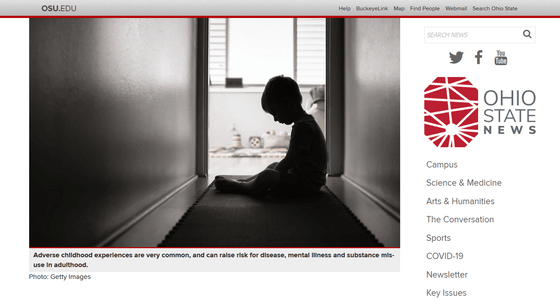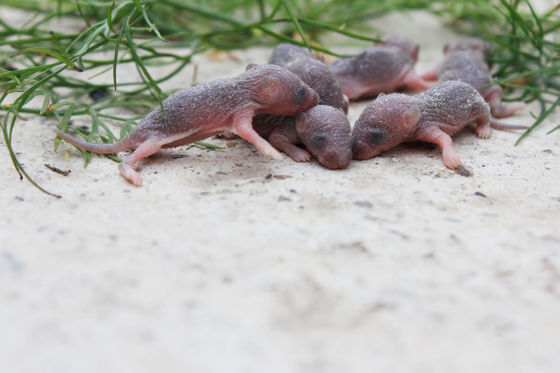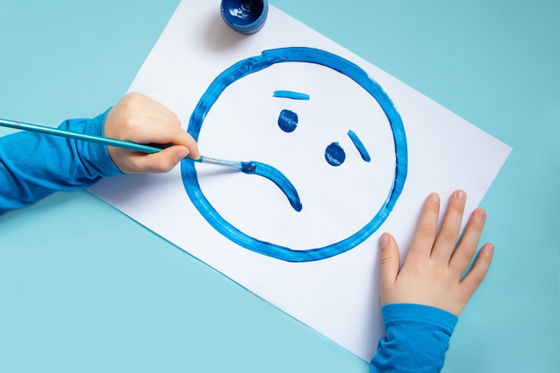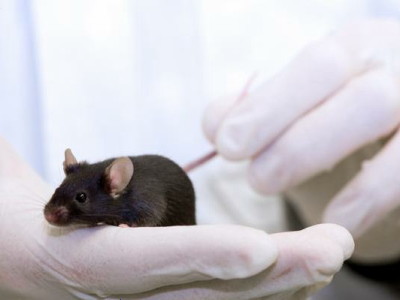Childhood stress may have a greater impact on the brain than head injuries

It is known that children often sustain head injuries due to falls, which can manifest as mood disorders and social difficulties later in life. Similarly, adverse childhood experiences increase the risk of mental illness and substance abuse. Research using rats has shown that stress experienced during childhood changes gene activity levels in the brain more than head injuries.
Neuroscience 2023 | Presentation
https://www.abstractsonline.com/pp8/#!/10892/presentation/29611
Early-life stress changes more genes in brain than a head injury
https://news.osu.edu/early-life-stress-changes-more-genes-in-brain-than-a-head-injury/

'Stress is a powerful thing, and we shouldn't underestimate the impact that early life stress has on brain development. Stress is often overlooked, but it's a really important public health topic.' is Katherine Lentz, a psychologist at Ohio State University.
Lenz et al. reported the results of a study examining the growth of stressed rats at the annual meeting of the Society for Neuroscience, ``Neuroscience 2023,'' held on November 12, 2023.
In the study, newborn rats were temporarily separated from their mothers every day for 14 days and subjected to stress that mimicked a potentially traumatic event. Then, on day 15 of life, which corresponds to infancy in humans, the stressed and unstressed rats were anesthetized and given a concussion-like head injury, or

They then investigated genes in three groups: ``stress only'', ``head injury only'', and ``both stress and head injury'', and compared changes in gene expression in the hippocampus of the brain with rats that had not been exposed to any treatment. .
The results showed that excitatory and inhibitory neuron pathways related to plasticity were activated in the brains of ``stress only'' and ``stress and head trauma'' patients. Brain plasticity is the ability to adapt to any change and primarily promotes flexibility, but insufficient change can have negative effects.
In addition, in the ``stress only'' and ``stress and head injury'' groups, the signaling pathway related to oxytocin, a hormone associated with social bonds, was activated, but in the ``head injury only'' group, it was suppressed. It had been.

'While both stress and TBI are associated with abnormalities in social behavior, we observed different results when it comes to oxytocin signaling,' said Michaela Breech, a graduate student in Lentz's lab. 'This suggests that the effects of stress may modulate TBI-induced brain changes. Oxytocin is associated with stress response and repair, so it may be an interesting modulator.' talked.
As the rats reached adulthood, only those who had experienced stress during their childhood tended to venture into open spaces more frequently. Rodents like rats generally tend to avoid open areas where they are easily targeted by predators.
'This is in line with human research data showing that early life stress can increase the risk of risk-taking behaviors and certain diseases, such as ADHD, which is characterized by substance use disorders,' Breech said. We are in agreement.”
Regarding the results of this study, Dr. Lentz said, ``It has been demonstrated in animal models and human studies that social support can buffer the effects of stress in childhood. I don't think it can be overemphasized how harmful it is.'
Related Posts:
in Science, Posted by log1l_ks







